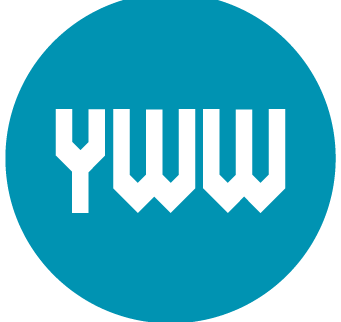Nan Cohen
(1983-1984)
How would you characterize the influence of your YWW experience in your life?
YWW gave me the invaluable gift of community with other young writers. It also gave me what every young person needs—to be taken seriously and treated as if what you care about matters. I was lucky and had that in other parts of my life, but to have it among people who loved poetry and writing was such a delight. In a way almost all the best parts of my life, as a teacher and as a writer, are at least a little bit like YWW. Even my name is partly because of YWW; when I went to college, I decided to return to the nickname Nan, which I had rejected in childhood in favor of the dignity of my full first name, Nancy. My changing feelings about it were because of two people: the ACLU attorney Nan Hunter, whom I heard speak when I was in high school, and poet Nan Anderson, who was one of our counselors at YWW, and whom I greatly admired.
What’s the best advice you can give a Young Writer (in general or in your specific genre)?
Do take yourself seriously! Expect a lot from yourself—read everything, and try to fail better, as Beckett said, with everything you write. At the same time, try to have a sense of humor; it really helps with those failures. There’s a Hasidic teaching about a rabbi who carried two notes, one in each of his pockets. When he was feeling small and low, he would take out the note in the right pocket, which read, “For my sake was the world created.” When he was feeling important, he would take out the other one, which read, “I am but dust and ashes.” Both notes are true—sometimes you need one, sometimes you need the other.
What do you find yourself most often reading or listening to lately and why?
Right now I have about two dozen books out of two libraries, our school library and the excellent Los Angeles Public Library system. They’re pretty evenly divided into four categories: poetry (just now including Sharon Olds, Jericho Brown, and Brian Turner), memoir, YA and adult fiction, and nonfiction, including books I’m using to study for an appearance on the TV game show Jeopardy! in May. I just finished the engaging and provocative Most Likely to Succeed: Preparing Our Kids for the Innovation Era, by Tony Wagner and Ted Dintersmith, which was a faculty book selection at our school; on top of the stack I hope to read over spring break is the novel Homegoing by Yaa Gyasi.
